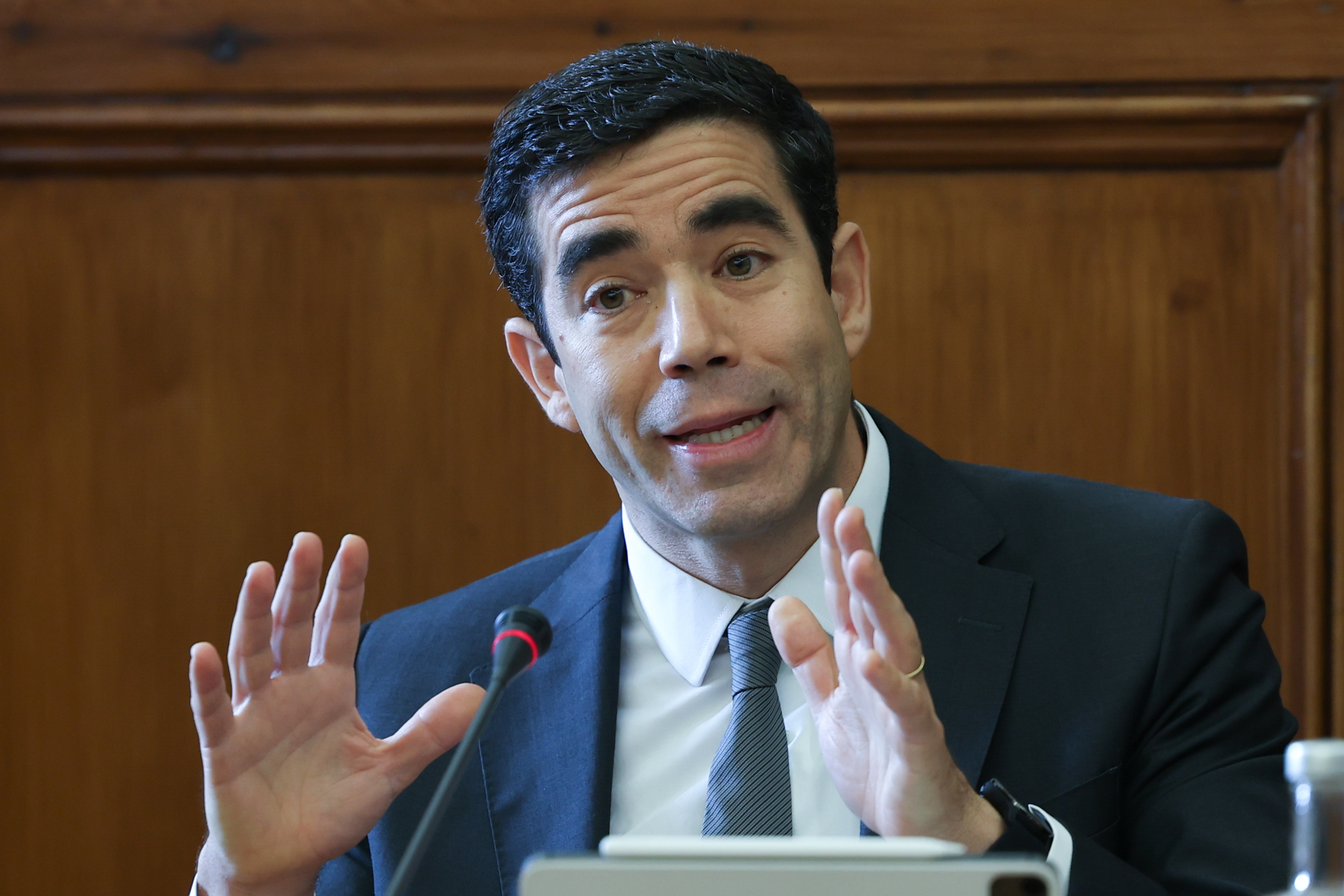In a move that sends a tremor of uncertainty through the international investment community, Portugal's Parliament has enacted a significant amendment to its citizenship law, a decision that directly impacts thousands of foreign nationals, including many who have invested heavily in the nation's real estate market through the
Golden Visa program. The legislative change, which redefines the starting point for the mandatory residency period, is being widely interpreted as a breach of trust that could tarnish Portugal's hard-won reputation as a stable and predictable destination for foreign capital.Key Takeaways
- ✓ Rule Change on Residency: Portugal's new law starts the citizenship residency clock from the date of residence card issuance, not application, retroactively penalizing investors facing long administrative delays.
- ✓ Erosion of Investor Trust: The retroactive nature of the change undermines confidence in Portugal's legal stability, a critical factor for foreign direct investment and the real estate sector.
- ✓ Economic Distraction: Critics argue the focus on citizenship law is a political maneuver that distracts from Portugal's pressing structural issues, including a severe housing crisis, and underfunded healthcare and education systems.
- ✓ Market Implications: The move could cool investor demand for Portuguese real estate, particularly in the high-end market, as capital may shift to EU countries with more stable residency programs.
The amendment stipulates that the five-year countdown to citizenship eligibility now begins only upon the formal issuance of a residence permit, disregarding the years many applicants have already spent waiting due to the notorious inefficiency of Portugal's immigration agency, now known as
AIMA. For families who committed hundreds of thousands of euros to the Portuguese economy based on a clear set of rules, this change represents a sudden and costly alteration of their agreement with the state. This development casts a shadow over the investment landscape, particularly in prime markets like Lisbon, where foreign investment has been a primary driver of growth. Understanding the nuances of the property market is now more critical than ever, as detailed in our comprehensive market insights.This policy shift is not merely an administrative tweak; it is a fundamental change that questions the principle of legal certainty. It suggests that the government, rather than addressing its own systemic failures in processing applications, has opted to penalize the applicants. This action has created significant concern among legal experts and investment migration consultants, who fear it could have a lasting negative impact on Portugal's attractiveness to global talent and capital.
Market Implications for Investors
For the sophisticated international investor, political and legal stability are non-negotiable prerequisites. This legislative pivot introduces a significant element of political risk that was previously considered low in Portugal. The immediate consequence is an erosion of confidence. Investors who once saw Portugal as a reliable gateway to Europe are now forced to reconsider, with legal advisors likely to flag the country with a higher risk profile. This could translate into a tangible economic impact, as investment decisions are paused or redirected to competing jurisdictions like Spain, Greece, or Malta.
The real estate sector, especially in the luxury segment of Lisbon, Cascais, and the Algarve, is particularly vulnerable. A significant portion of demand in this bracket has been fueled by Golden Visa investors. A decline in their confidence could lead to a slowdown in sales velocity and potentially a price correction in specific high-end developments. Developers and real estate funds may also face increased difficulty in securing financing for future projects if their business models rely heavily on this channel of foreign buyers. The situation underscores the critical need for investors to work with seasoned international property law experts to navigate this new reality.
Golden Visa Program Background
Since its inception in 2012, the Golden Visa has been a cornerstone of Portugal's economic recovery strategy, successfully attracting billions in foreign capital. The program's premise was simple and powerful: a qualifying investment, most popularly in real estate, in exchange for a five-year path to residency and the coveted prize of an EU passport. It was a resounding success in terms of capital attraction, breathing life into a stagnant property market and funding a wave of urban renewal projects.
Need Expert Guidance?
Get personalized insights from verified real estate professionals, lawyers, architects, and more.
However, the operational execution of the program has been its Achilles' heel. Crippling backlogs within the immigration services have left thousands of investors in a state of limbo for years, unable to progress with their lives and business plans. The recent legal change is perceived not as a reform, but as an admission of administrative failure, with the burden unfairly placed on the investor. This history of mismanagement highlights why specialized guidance from professionals focused on Golden Visa legal services is not just advisable, but essential.
Portugal's Economic Context
The timing of this controversial policy change is particularly striking given the array of deep-seated structural challenges Portugal is facing. The government's legislative bandwidth is being consumed by a debate on citizenship while the foundations of its social contract—housing, health, and education—are showing visible cracks. This apparent misallocation of political capital is a source of growing frustration both domestically and among the international community.
- Housing Affordability Crisis: A severe imbalance between supply and demand has caused property prices and rents to skyrocket, creating significant social tension and making it difficult for businesses to attract and retain talent.
- Public Service Strain: The national health service (SNS) and public schools are chronically underfunded and understaffed, leading to a decline in service quality that affects all residents, including the expatriates the country seeks to attract.
- Infrastructure Deficits: Despite the influx of investment, significant capital is still required to modernize public infrastructure, a task that relies on sustained economic growth and a healthy tax base.
- Dependence on FDI: The Portuguese economy's recovery and continued growth are heavily reliant on foreign direct investment. Actions that jeopardize this inflow risk stalling the country's economic momentum.
Investment Considerations
From a strategic standpoint, this event serves as a critical case study in sovereign risk. Investors must now factor in a higher degree of legal and political uncertainty when evaluating opportunities in Portugal. The key takeaway is that the perceived stability of a country's legal framework can no longer be taken for granted. A robust risk mitigation strategy should now include a deeper analysis of the political landscape and the potential for sudden policy shifts.
For those already invested, the path forward involves proactive legal engagement to defend their acquired rights. For prospective investors, it demands a more cautious approach, with an emphasis on investment structures that offer greater flexibility and protection. The allure of Portugal's lifestyle and property market remains, but the calculus of investment has become more complex. The fundamental strengths of the market should be weighed against this new layer of political uncertainty.
Looking Ahead
The Portuguese government now stands at a crossroads. It can either take decisive steps to repair the damage to its reputation by addressing the administrative chaos and reaffirming its commitment to legal certainty, or it can risk a long-term decline in investor confidence. The global investment community will be watching its next moves with intense scrutiny. A failure to act decisively could see billions in potential investment flow to more predictable and reliable markets.
Ultimately, the long-term prosperity of Portugal's real estate market and broader economy is intrinsically linked to its ability to be a trusted and reliable partner for international capital. The current challenge is not just about one law; it's about reaffirming the core principles of stability and fairness that attract investment in the first place. For expert guidance on understanding and navigating the evolving landscape of Portuguese real estate investment, contact realestate-lisbon.com.






